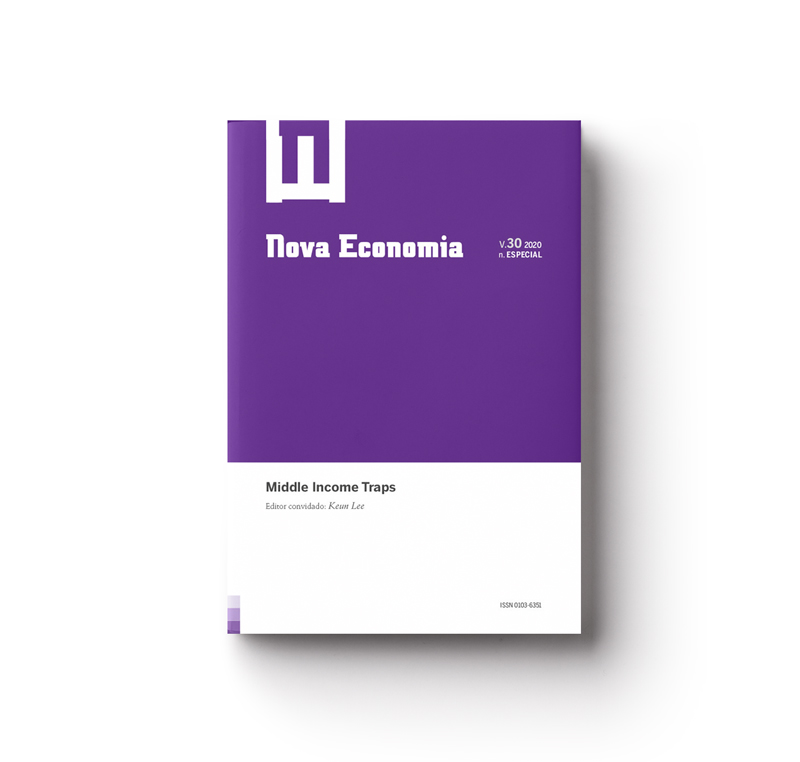Sistemas complexos e armadilha da renda media: as raízes de longo prazo do subdesenvolvimento latino-americano
Resumo
Resumo
O artigo busca reinterpretar o conceito de armadilha da renda média utilizando a linguagem de sistemas complexos para abordar a imprevisibilidade, a não linearidade e a enorme variedade de comportamentos possíveis de desenvolvimento econômico em séries temporais de longo prazo. Ao redefinir o conceito de armadilha nesses termos, propomos lançar luz sobre o contexto institucional do desenvolvimento econômico. Para avançar o argumento, realizamos um estudo de caso da América Latina, uma região que apresentou uma trajetória económica instável e não-linear ao longo do século XX. Argumentamos que a combinação entre o legado econômico colonial e a fragmentação política em meio ao processo de independência, moldou a estrutura socioeconómica e as capacidades institucionais futuras da região, restringindo as possibilidades de superação do subdesenvolvimento.
Palavras-chave: armadilha da renda média, sistemas complexos, instituições, América latina, subdesenvolvimento
Código JEL: 010, 014, O33, B15, C32
Downloads
Publicado
Como Citar
Edição
Seção
Licença
Copyright (c) 2021 Fenanda Cimini, Jorge Britto, Leonardo Costa Ribeiro

Este trabalho está licenciado sob uma licença Creative Commons Attribution 4.0 International License.
Autore[a]s que publicam nesta revista concordam com os seguintes termos:
- Autore[a]s mantém os direitos autorais e concedem à revista o direito de primeira publicação, com o trabalho simultaneamente licenciado sob a Licença Creative Commons Atribuição 4.0 Internacional que permite o compartilhamento do trabalho com reconhecimento da autoria e publicação inicial nesta revista.
- Autore[a]s têm autorização para assumir contratos adicionais separadamente, para distribuição não-exclusiva da versão do trabalho publicada nesta revista (ex.: publicar em repositório institucional ou como capítulo de livro), com reconhecimento de autoria e publicação inicial nesta revista.
- Autores têm permissão e são estimulados a publicar e distribuir seu trabalho online (ex.: em repositórios institucionais ou na sua página pessoal) a qualquer ponto antes ou durante o processo editorial, já que isso pode gerar alterações produtivas, bem como aumentar o impacto e a citação do trabalho publicado (Veja O Efeito do Acesso Livre).




